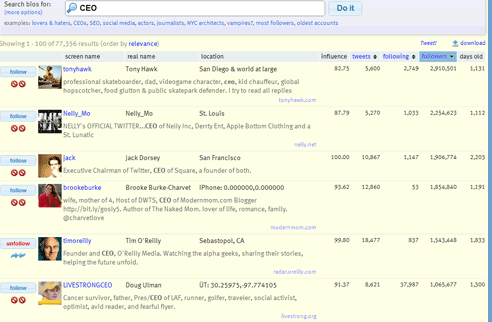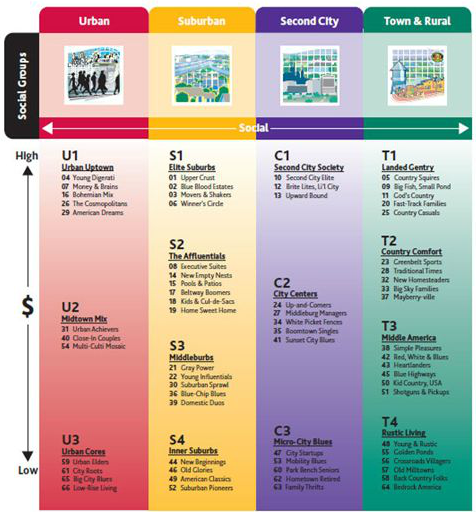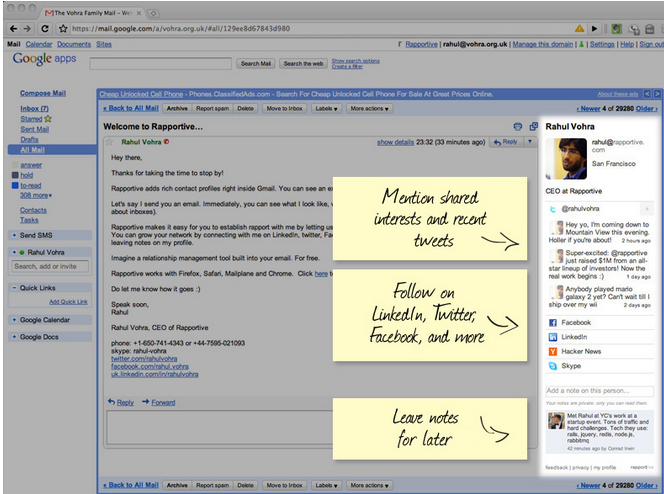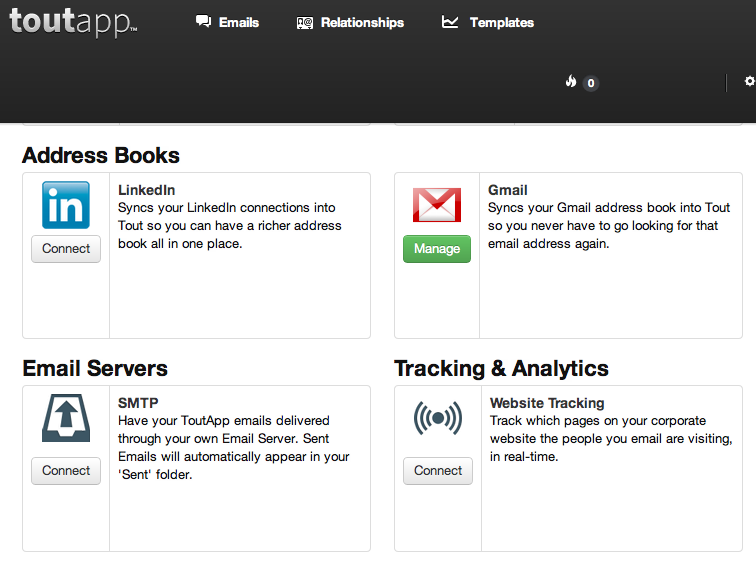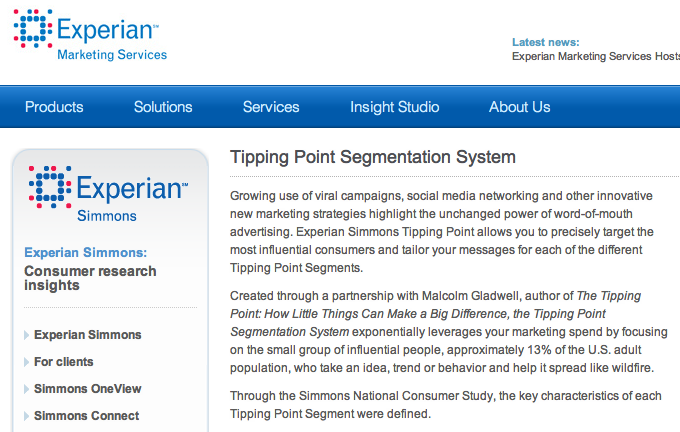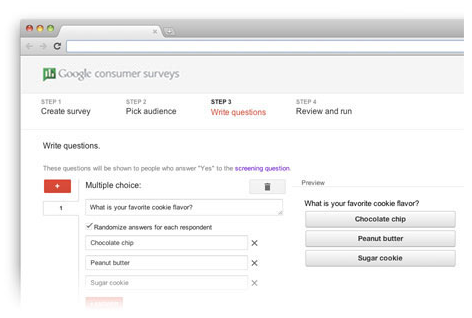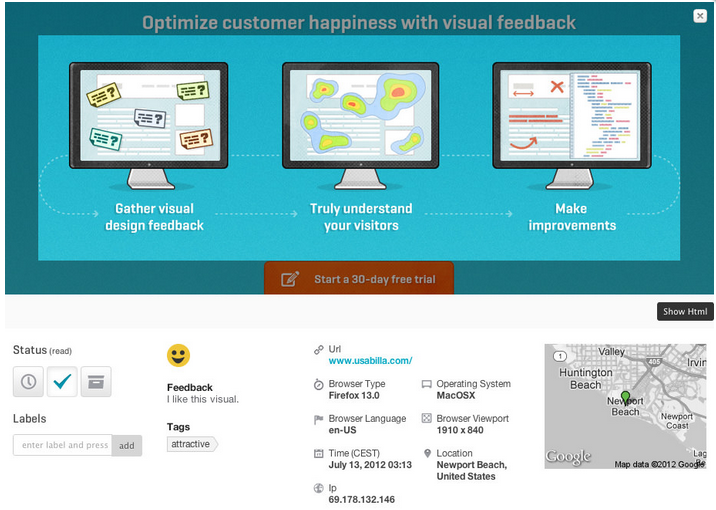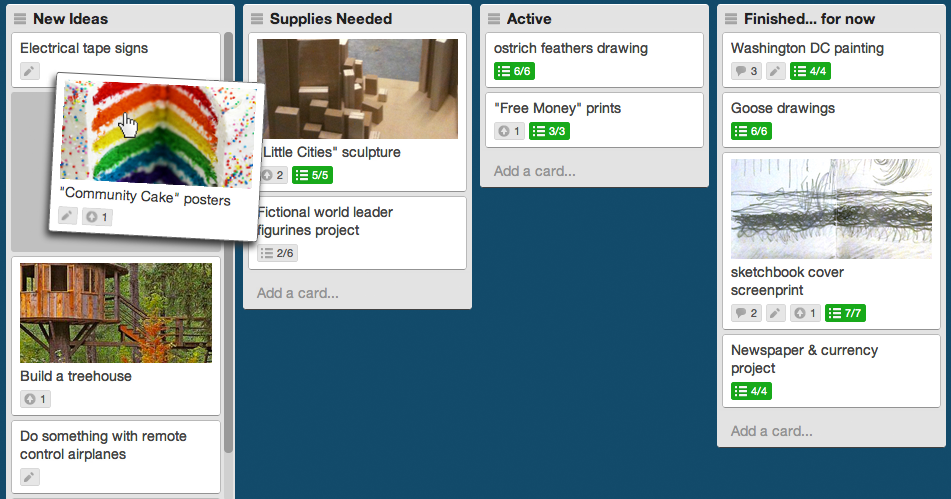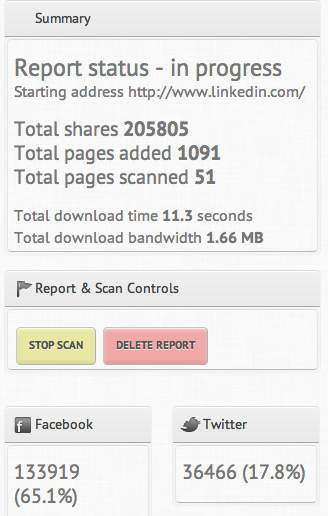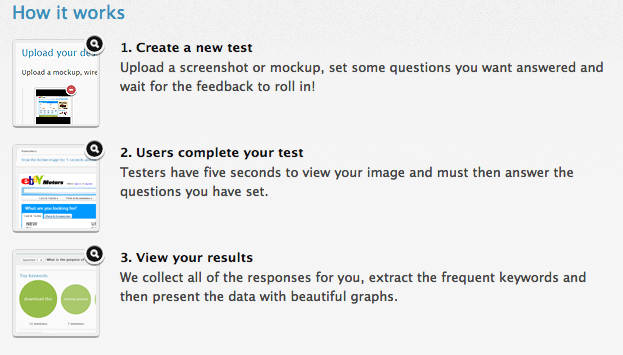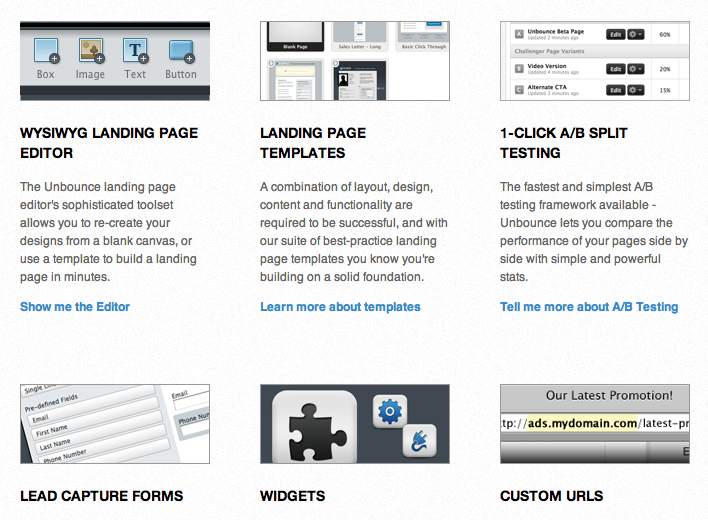As a web analyst, your job is incredibly important: Without you, how do developers, designers, marketers, and website owners know who their visitors really are, let alone what they enjoy? Well, they might have a hunch, but your job is to give them exact information. While the field was once a combination of guesswork and vague data, web analytics is slightly less “foggy” nowadays: With easier data tracking and a wide array of comprehensive tools, getting to know a website’s visitors is becoming easier with each passing day. The following list highlights our 15 favorite analytics tools that range from visitor analyzers to email trackers.
1. UserTesting.com | www.usertesting.com
Usability testing is one of the most beneficial things you can do for your website: There’s really no better way to see how effective a website’s design is than looking over the user’s shoulder! Doing this, however, tends to be both time consuming and expensive. Thanks to UserTesting.com, however, it doesn’t have to be. Their software not only helps you keep track of who visits your website, but also tells you what exactly they’re doing! With prices starting at around $39 per participant, UserTesting.com is one of the web’s most affordable usability programs.
2. Follower Wonk | www.followerwonk.com
When it comes to tracking Twitter users, Follower Wonk is an analyst’s best friend. Comparable to an in-browser plugin, Follower Wonk allows its user to log into Twitter through their website so that they can access a wide array of analytics tools. These tools include specialized profile searches and user comparisons, as well as follower sorting, analytics, and tracking.
3. Nielsen Prizm | www.claritas.com
There’s a reason this is near the top of our list: Nielsen is the world’s leading consumer tracking company that’s most commonly seen telling us what different demographics watch on television. Web analysts can harness the power of Nielsen by using their Prizm tool, which tracks visitors and breaks them down into 66 different demographic segments. The tool also features information about lifestyle segmentation, urbanization classes, social groups, lifestyle classes, and lifestyle groups, ensuring that you receive the most accurate and comprehensive data possible.
4. Rapportive | www.rapportive.com
With so many different forms of social media nowadays, it can be difficult to keep track of everyone’s profiles, statuses, and information. To help make everything a little easier, Rapportive provides you with all you need to know about your contacts inside of your inbox. Best of all, they don’t even need to be your contacts: If a new person e-mails you, you’ll not only be able to see all of their profiles and information, but a picture of them as well!
5. ToutApp | www.toutapp.com
Writing and sending out e-mails can be a pain, especially when it’s part of an e-mail marketing campaign. Even after the e-mails have been sent out, the questions still linger: Did they receive it? If so, did they at least click on the subject line? These are questions which normally go unanswered, leaving the effectiveness of the campaign in question. With ToutApp, however, you can write emails more efficiently and keep track of who receives, opens, and reads them.
6. Experian Simmons | www.experian.com
Similar to Nielsen, Experian has a long history of tracking consumer behavior and demographics. With their Simmons tool, you can access their information and learn more about your market. All of their tools can be accessed by Simmons OneView, a feature-packed online interface. You can also keep track of the media usage of different types of consumers through Simmons Connect.
7. Google Customer Surveys | www.google.com/insights/consumersurveys/home
Sometimes simply tracking your visitors isn’t enough to find out about them. When you really want their opinion, it’s usually best to ask them for it. With this in mind, Google has developed Customer Surveys to help gather opinions by asking questions. What makes the system unique, however, is that it’s mutually beneficial: Consumers access premium content by answering questions, publishers get paid to post them, and you get well-organized and compiled information about your target market. With prices starting at only $0.10 per response, what’s not to love?
8. Yahoo! Search Clues | clues.yahoo.com
When it comes to maintaining an effective and successful marketing strategy, keeping on top of trends is incredibly important. Although Yahoo! isn’t quite as large as Google, their Search Clues system helps them – and you – keep track of the most up-to-date searching trends.
9. Usabilla | www.usabilla.com
Similar to UserTesting.com, Usabilla is a usability service which helps you keep track of how your users navigate your website. With partners consisting of marketers, web developers, user experience specialists, graphic designers, and much more, it’s safe to say that Usabilla’s knowledgebase is extensive. On top of that, the service is very affordable: Their base plan is free, with the starter plan at only $19 per month.
10. Trello | www.trello.com
Managing, planning, and keeping track of big projects can get a little bit messy, and you may often find yourself wanting to see the “big picture.” Trello helps you do so with their Intuitive Interface which not only keeps tracks of tasks and assignments, but also features virtual Boards and Cards. Their free system goes a step further by also helping you keep track of your entire team, ensuring everything – and everyone – is organized.
11. Social Crawlytics | www.socialcrawlytics.com
Social Crawlytics is an incredibly simple and free system that delivers reports on the social network usage of both your websites and those of your competitors. All you need to do is type in the address, and you’ll receive a comprehensive report instantly.
12. FiveSecondTest | www.fivesecondtest.com
On the web, first impressions are everything: If your design doesn’t grab your user’s attention, your conversion rate is bound to drop drastically. With FiveSecondTest, however, you can upload a web page or image and ask up to nearly 1,000 test takers a few unique questions of your choice. Shortly thereafter, you’ll receive well-compiled results that help you identify what parts of your website are effective and which aren’t, allowing you to adjust your pages in a way that ensures user satisfaction.
13. WebStarts | www.webstarts.com
webstarts.com
is one of the web’s easiest tools to create a free professional website. Although website template services haven’t received much praise from developers, WebStarts is a little different. Instead of limiting a user’s design options to a few different templates and colors, they allow complete customization. On top of that, WebStarts will also give you a free custom domain and help you get noticed in major search engines. Perfect for testing out new website design and usability.
14. Unbounce | www.unbounce.com
Unbounce allows marketers the ability to create and launch landing pages without having to get involved with developers or the IT department, making it a very valuable tool for testing advertisements and new web pages. Although plans start at $50 per month, the service is so cram-packed with features – such as custom domains and email notifications – that it nearly pays for itself!
15. Optimizely | www.optimizely.com
Optimizely allows developers to carry out A/B testing the easy way. By simply copying and pasting a single line of JavaScript into a website’s code, developers can easily track the effectiveness of different variations of a certain design.

